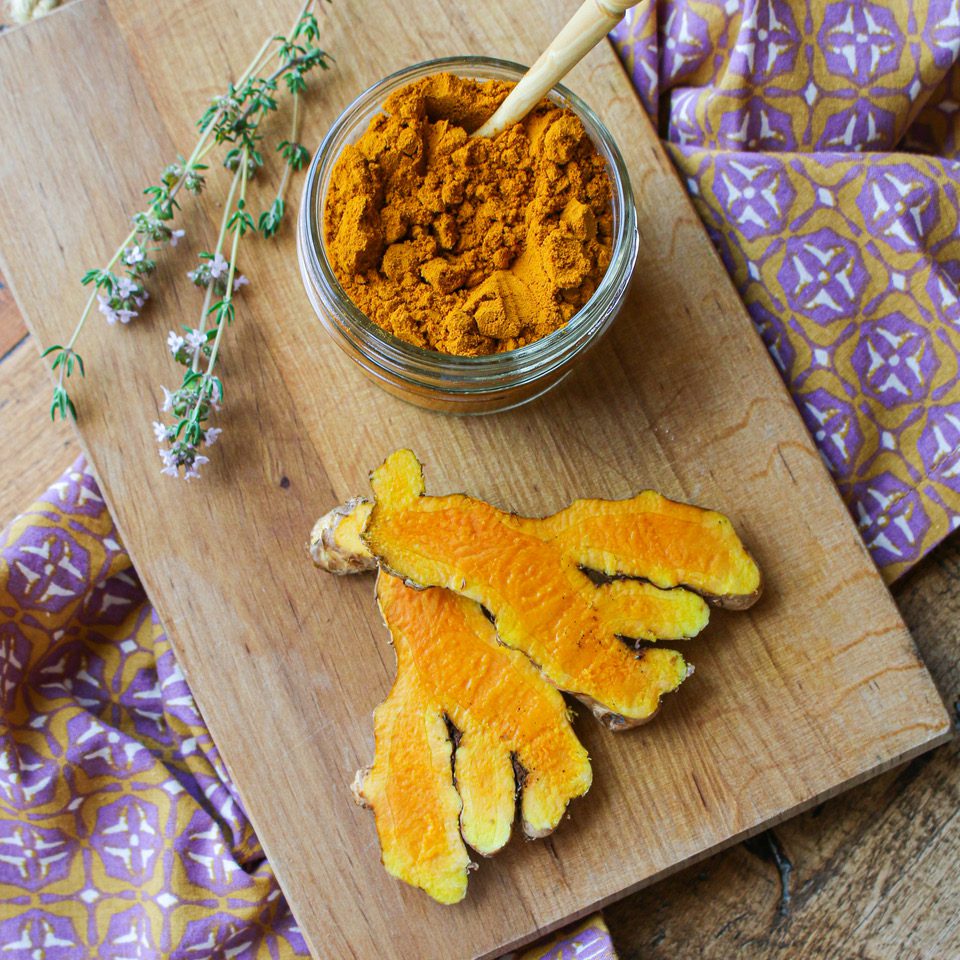Turmeric, a spice known for its bright color and flavor, has powerful health benefits due to its anti-inflammatory and antioxidant properties. The active ingredient, curcumin, has medicinal properties including antioxidant and anti-inflammatory effects. Turmeric is also a good source of vitamins and minerals essential for health. Some benefits of turmeric include reducing inflammation, protecting against oxidative damage, and potentially improving brain health. Ways to incorporate turmeric into cooking include adding it to soups, stews, curries, and smoothies. Overall, regularly using turmeric in cooking can help improve overall well-being and enjoy its health benefits.
The Power of Turmeric in Your Cooking
Nutritional Value
Turmeric is a spice that comes from the turmeric plant. It is commonly used in Asian cooking and has been used for centuries in traditional medicine. Turmeric is known for its bright yellow color and warm, peppery flavor. But it also has a wide range of health benefits due to its powerful anti-inflammatory and antioxidant properties.
Curcumin
The main active ingredient in turmeric is curcumin, which has been shown to have a range of medicinal properties. Curcumin is a potent antioxidant that helps protect the body from free radicals and oxidative damage. It also has powerful anti-inflammatory effects, which can help reduce inflammation in the body and lower the risk of chronic diseases.
Vitamins and Minerals
In addition to curcumin, turmeric is also a good source of vitamins and minerals. It contains vitamin C, vitamin E, vitamin K, and several B vitamins, as well as minerals like calcium, iron, potassium, and zinc. These nutrients are essential for overall health and wellbeing, and adding turmeric to your cooking can help ensure you are getting a wide range of essential nutrients.
Health Benefits of Turmeric
Anti-Inflammatory Properties
One of the key benefits of turmeric is its powerful anti-inflammatory properties. Chronic inflammation is believed to play a major role in the development of many chronic diseases, including heart disease, cancer, and diabetes. By reducing inflammation in the body, turmeric can help lower the risk of these diseases and improve overall health.
Antioxidant Effects
Turmeric is also a potent antioxidant, which means it can help protect the body from oxidative stress and damage caused by free radicals. Antioxidants help neutralize free radicals and prevent them from causing harm to cells and tissues. This can help slow down the aging process and reduce the risk of chronic diseases.
Brain Health
Some studies have suggested that turmeric may also have benefits for brain health. Curcumin has been shown to cross the blood-brain barrier and may help improve brain function and reduce the risk of neurodegenerative diseases like Alzheimer’s. Turmeric has also been linked to improved mood and reduced symptoms of depression and anxiety.
Ways to Use Turmeric in Cooking
There are many ways to incorporate turmeric into your cooking to reap its health benefits. You can add it to soups, stews, curries, and stir-fries for a warm, earthy flavor and vibrant color. Turmeric can also be used to season roasted vegetables, rice dishes, and marinades for meats and tofu. You can even add a pinch of turmeric to smoothies, teas, and homemade sauces for an extra boost of nutrition.
Overall, turmeric is a versatile spice that can add flavor and nutrition to a wide range of dishes. By incorporating turmeric into your cooking on a regular basis, you can enjoy its many health benefits and improve your overall wellbeing.
